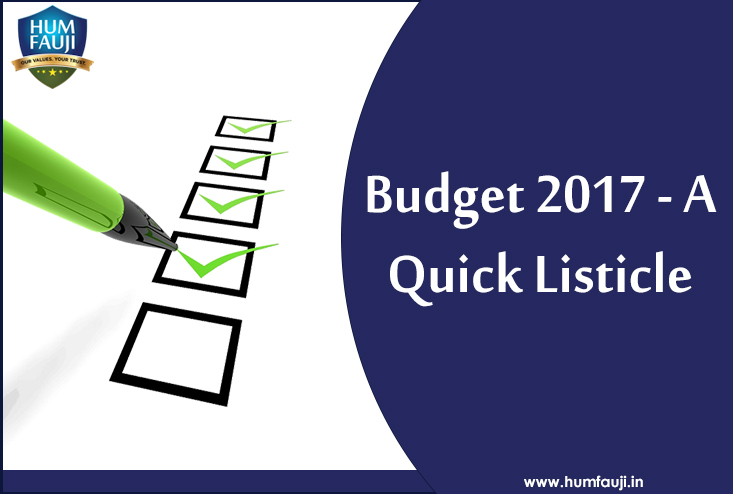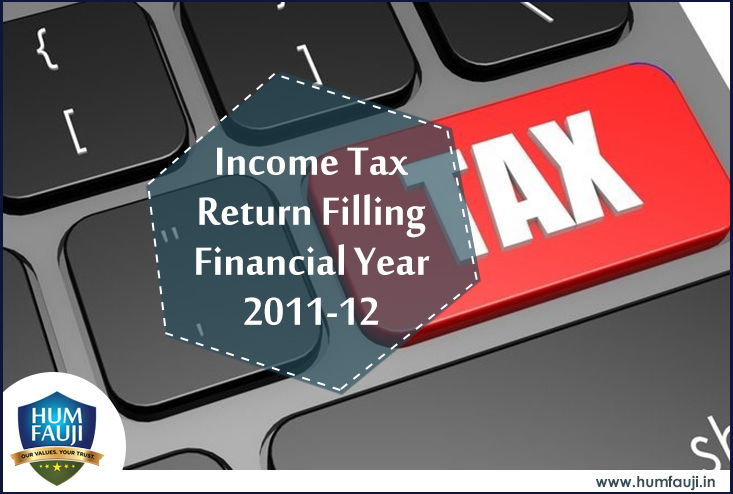Q&A at talks on Financial Management given by CEO, Hum Fauji Initiatives, to Higher Command Course at Mhow and Armed Forces Program Officers at IIM, Indore on 9thJan 2019
Our CEO, Col Sanjeev Govila (retd), had been invited to give a talk on ‘Personal Financial Management for Indian Army Officers’ to the students of Higher Command Wing, Army War College, Mhow. He also gave a talk to approx 35 officers undergoing the ‘Armed Forces Program’ (AFP) at IIM, Indore the same day. The talks were well appreciated at both the places and the Question & Answer (Q&A) Sessions at both the places far exceeded the time allotted.
Some of the questions asked, of common interest to serving and/or retired armed forces officers, are summarised below. Due to the sheer large number of questions asked, this will be given out as a series of 4 parts over next 8 days. This one is Part 2 of the 4 parts:– Part 1 can be read here.
Q. Should we fully or partially pre-pay a home loan or continue it to take a tax rebate?
A. Please remember three things about home loan: compared to all other loans, it has probably the lowest interest rate; in case you are eligible for an interest rebate, the net rate of interest (after catering for the tax rebate) comes out even cheaper; and all the loans are typically front loaded, implying that almost 70-75% of the interest is recovered during the first half period of the tenure of the loan and only 25-30% of the interest is balance during second half. Hence, if your loan is already past the half-time, it may probably not be a good idea to repay it back unless a cash crunch is coming like retirement, taking PMR, large loans being serviced, big liabilities coming up like children education etc. If it is only the starting period, reducing this large interest liability will be a happy situation. Not withstanding all this mathematical calculation, how much of a psychological burden do you or your wife feel of a loan pending is another issue – eg, at the time of retirement, almost everybody wants to be loan-free. So many moving parts are there and decision taken has to be a combination of maths and personal comfort level.
Q. How much should one wait more to invest in the stock markets directly or through mutual funds since there will be lots of dips in the markets around the election time?
A. There is no past data to prove that markets will definitely dip during election time. However, there is enough empirical data to prove that markets will almost always behave in a manner contrary to your expectations! Trying to time the markets is listed as the Number One mistake of most investors. Hence, never try to time the markets. The best way to invest it to invest either after a good research of the fundamentals and technical analysis of stocks or, more conveniently, invest through STPs (Systematic Transfer Plans) for bulk investments and through SIPs (Systematic Investment Plans) for monthly investments in selected mutual funds.
Q. This is my retirement corpus and my life-long savings. I should keep it absolutely safe and risk free. So tell me where to invest this amount?
A. The common rule of investing says the following:

Please peg all your investments against general inflation. Taking average long-term inflation in India to be about 7% per annum (last 20 years’ average is about 7.47% CPI), your investments as a whole should earn at least 7% to break even or actually earn a Net Zero. Only when your long-term post-tax returns go above 7% are you actually generating positive returns from your money. So, if your SCSS gives you 8.3% interest, is fully taxable and you are in 30% tax bracket, you are getting only 5.81% net returns after tax. This also means that your money is actually losing its purchasing power at the rate of 7.00 – 5.81 = 1.19% per annum compounded. The report card of bank FDs, POMIS etc is much worse.
So, if you do go in for such ‘safe’ avenues, you should balance it out by going in for some volatile avenues too like equity mutual funds so that your money, on the net, earns a positive return and doesn’t lose its purchasing power. However, it does not mean an all-out investment in equity or risky avenues. Please keep a balance. This is your life time savings and you may not get this kind of money again in your life. The money should largely be in safe investments like SCSS and Debt mutual funds but a small portion, say 20-30%, should also go to equity mutual funds. Please take the help of a good financial advisory company, to manage your portfolio so that this balance of ‘Returns Vs Safety’ is carefully balanced out, regularly monitored and changes are done to it professionally when due and required.
(To be continued….)













Leave a Reply